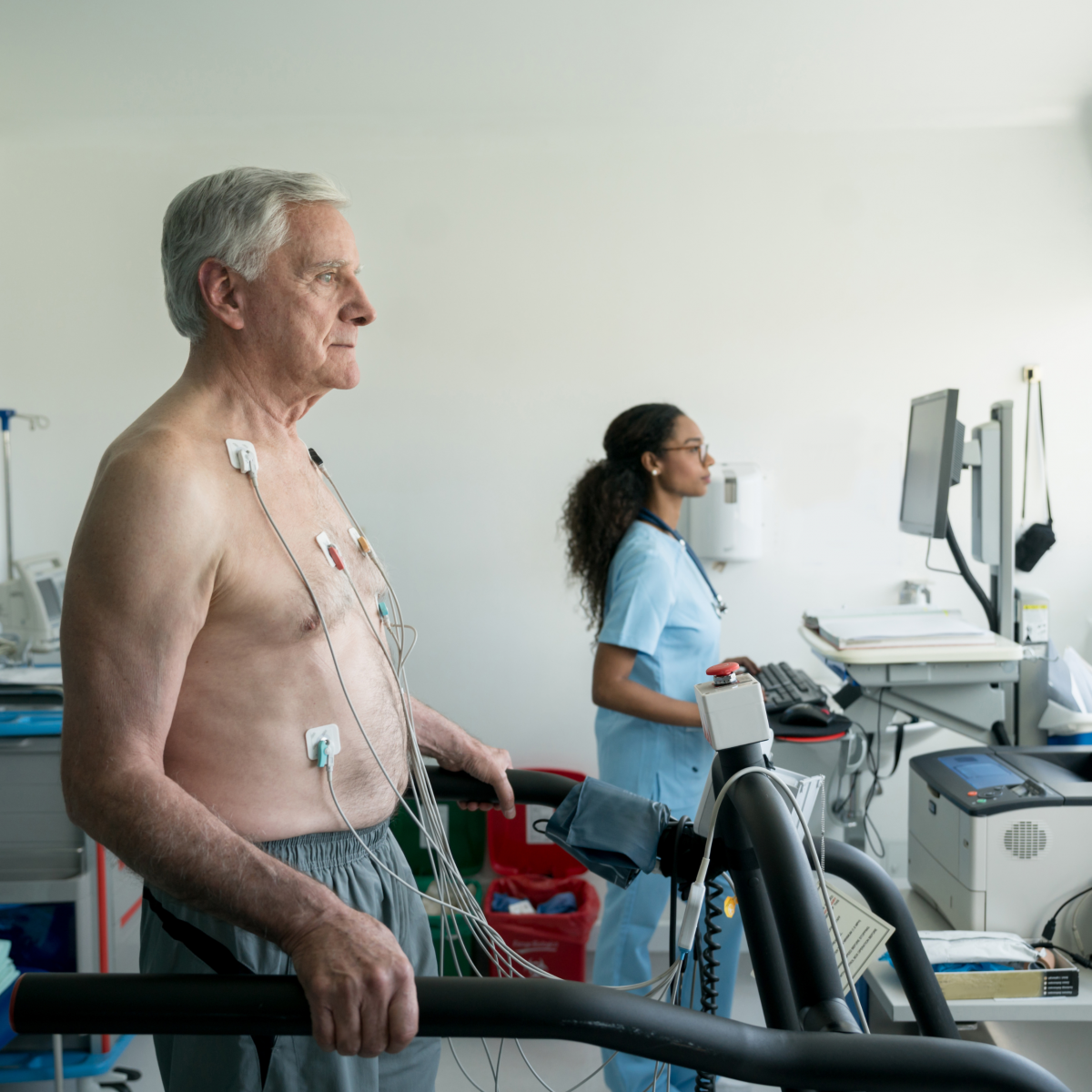Cardiac Nurse
Job Description
A Cardiac Nurse, otherwise known as a Cardiovascular Nurse or Cardiology Nurse, are Registered Nurses (RNs) who specialise in the cardiovascular system. They work with patients who have heart problems by following the treatment plan a cardiologist assigns, monitoring patient progress and administering medication to help the healing process.
The daily tasks of a Cardiac Nurse can vary based on the work setting. Cardiac Nurses can work in acute care scenarios and may spend a lot of time using defibrillators, responding to patients in cardiac arrest. Cardiac Nurses working in a surgical setting are more likely to spend their time preparing patients for surgery and helping them recover afterwards.
Cardiac Nurses work alongside Doctors, Surgeons and other Registered Nurses to provide the best possible standard of health care in medical settings. The role of a Cardiac Nurse is a varied position that includes technical tasks and patient care and they key duties and responsibilities include:
- Provide reassurance and support to patients and family members
- Address questions and concerns from the patient and family
- Outline the risks and benefits involved in treatments
- Undertake medical assessments before and after operations
- Collect patient's medical data and medical history
- Provide clinical support to surgeons and anaesthetists
- Monitor patients' health and provide reports to surgeons
- Apply bandages, dressings or stitches to patients
- Assist with emergency medical procedures, such as CPR
To become a Cardiac Nurse, you must first have the relevant qualifications as a Registered Nurse (RNs), and have extensive industry experience. Registered Nurses work as part of a multidisciplinary team alongside other skilled professionals including doctors, surgeons, specialists, therapists, specialty nurses, social workers and many others to provide ongoing patient care to people who are sick, disabled, injured or recovering from surgery. Registered nurses deliver primary health care predominantly in hospitals, clinics, assisted living facilities, aged care facilities, Government or military institutions, community or school settings, in the home or in outpatient facilities.
Read about all other Specialty Nursing Roles here
Qualifications
To become a Registered Nurse in Australia you need to complete a 3-year Bachelor of Nursing, which is available at most Australian universities. Alternatively, for students with previous tertiary qualifications, complete a two-year Master of Nursing (Graduate Entry) program. Further study is essential if you are looking to take the next step in your career and advance in specialist nursing roles.
Nurses who specialise in a particular area of medicine may need to complete further studies or specialist training and obtain relevant experience.
All Nurses must apply to the Nursing and Midwifery Board of Australia (NMBA). Registration must be renewed annually.
Attributes
- Acumen
- Communicator
- Confident
- Discerning
- Educated
- Initiative
- Meticulous
- Perceptive
- Resilient
- Secure
- Team player
Key Skills
- Advanced cardiac life support (ACLS)
- Patient care
- Catheterization Laboratory (Cath Lab)
- Acute care
- Telemetry
- Critical care nursing
- Cardiology
- Pediatrics
- Life support
- Treatment planning
Future Prospects
Registered Nurses can undertake further studies to obtain qualifications and progress their career into related roles or more senior positions such as;
Registered Nurses can specialise in other roles, undertaking further studies to obtain qualifications and specialise in a particular area of nursing. Specialised Nursing Roles include:
- Aged Care Nurse
- Alcohol & Other Drug Nurse
- Anaesthetic Nurse
- Cardiac Nurse
- Child and Family Health Nurse
- Community Nurse
- Critical Care & Emergency Nurse
- Flight Nurse
- Infection Control Nurse
- Intensive Care Specialist Nurse
- Mental Health Nurse
- Midwife
- Oncology Nurse
- Paediatric Nurse
- Palliative Care Nurse
- Perioperative Nurse
- Post Operative Nurse
- Rehabilitation Nurse
- Surgical Nurse
- Theatre Nurse
